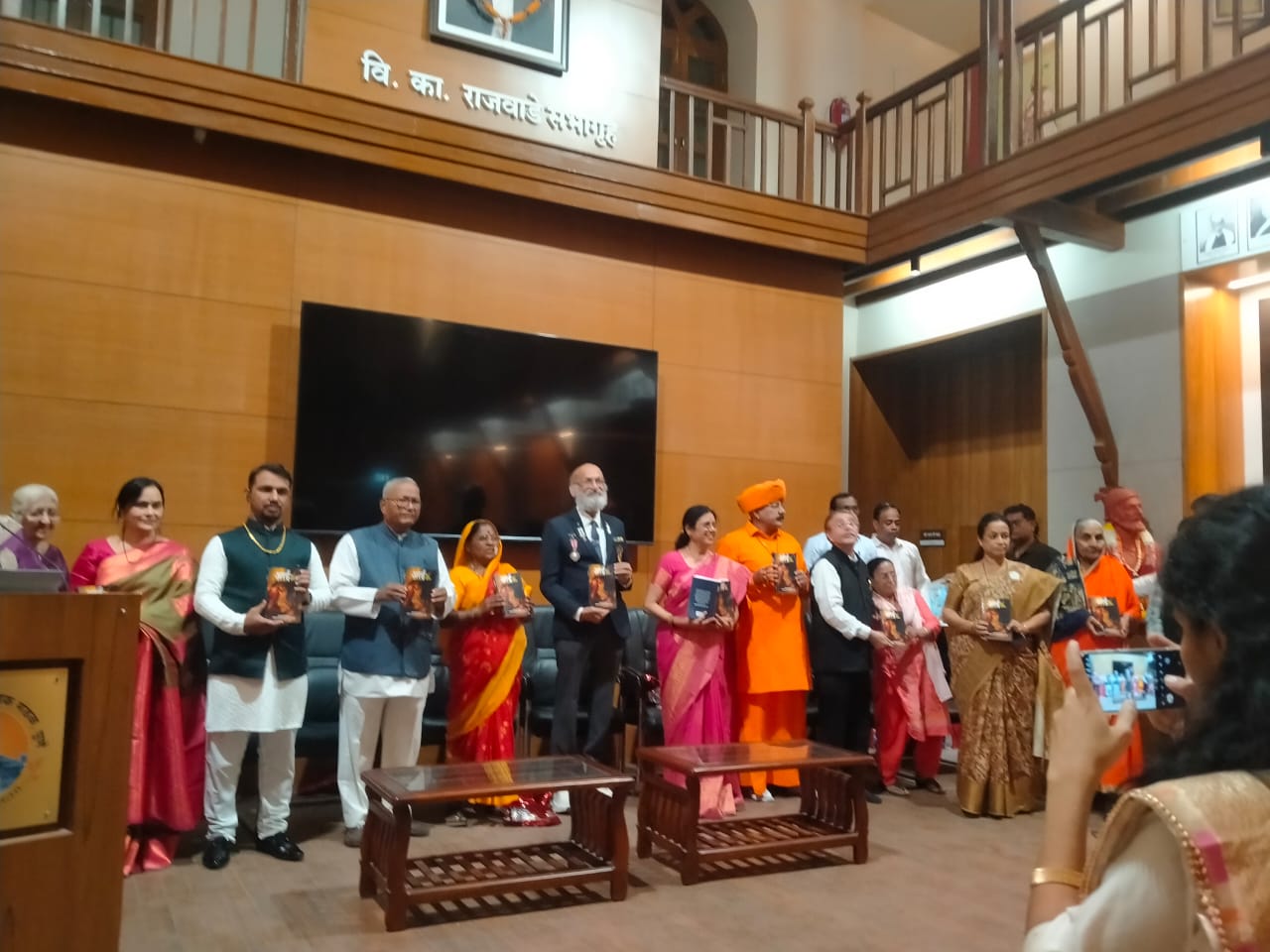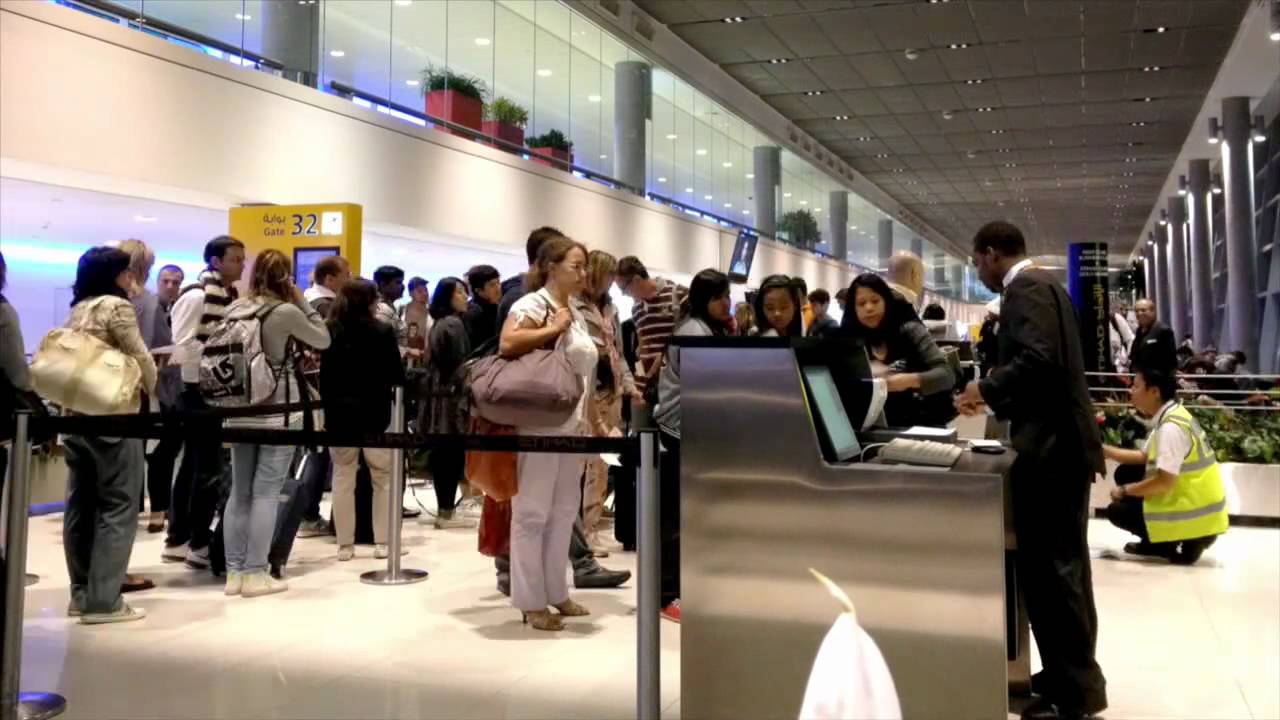MP, India – A deeply troubling case has drawn widespread public attention and raised serious concerns about the implementation of the Protection of Children from Sexual Offences (POCSO) Act. A young boy—whose identity is being withheld to protect his privacy—has been granted bail after enduring four years of detention. He had been wrongfully convicted under the stringent provisions of the Act and sentenced to an alarming 20 years in prison.
The case dates back four years when the then-minor was accused of a crime he consistently denied committing. Despite glaring inconsistencies in the evidence and repeated assertions of his innocence, the court handed down a harsh sentence, effectively stripping him of his formative years.
Thanks to the tireless efforts of his family and my role as his legal counsel, justice has finally begun to prevail. Following years of appeals and the emergence of new evidence pointing to a grave miscarriage of justice, the court has granted him bail. The decision has brought immense relief to his loved ones, who have unwaveringly supported him through this painful journey.
This case highlights the fallibility of the legal system, especially in cases involving minors. It underscores the urgent need for more sensitive judicial handling, comprehensive investigation, and child-centric procedures in such matters.
The four years lost in incarceration represent not just time, but critical phases of emotional, psychological, and personal development. Though his release on bail is a welcome development, it marks just the beginning of a larger battle for full exoneration. As his advocate, I remain committed to clearing his name and seeking accountability for those who led this flawed investigation and prosecution.
This incident has reignited calls for reforms in the implementation of the POCSO Act. Legal experts and child rights advocates are urging for stronger safeguards, stricter evidence standards, and better training for authorities to prevent such injustices from recurring.
The young man now faces the daunting challenge of rebuilding his life after years behind bars. The emotional and mental trauma he has endured will take time to heal. As he steps back into society, it is imperative that he receives the compassion, support, and opportunities necessary to reclaim his future.
This case stands as a powerful reminder of the devastating human cost of judicial errors and reinforces the vital importance of due process and fairness in every case—especially those involving vulnerable individuals.












